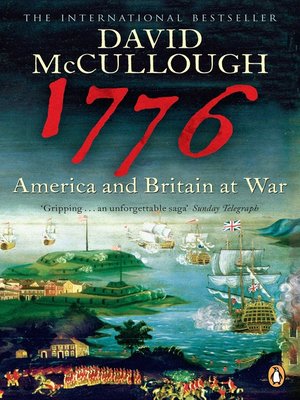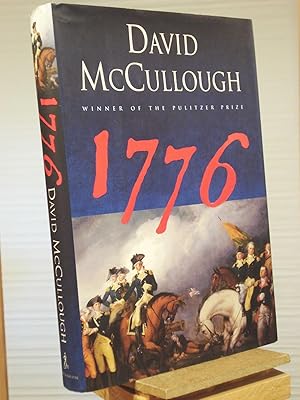


There are unforgettable and horrifying scenes here in this spare and sombre memoir of this experience of the hanging of a child, of his first farewell with his father who leaves him an inheritance of a knife and a spoon, and of his last goodbye at Buchenwald his father's corpse is already cold let alone the long months of survival under unconscionable conditions. He was the only one of the family to survive what Francois Maurois, in his introduction, calls the "human holocaust" of the persecution of the Jews, which began with the restrictions, the singularization of the yellow star, the enclosure within the ghetto, and went on to the mass deportations to the ovens of Auschwitz and Buchenwald.

Thus the second most costly war in American history, whose “outcome seemed little short of a miracle.” A sterling account.Įlie Wiesel spent his early years in a small Transylvanian town as one of four children. For a man such as Washington, to be a laughingstock was the supreme insult, but the British were driven by other motives than to irritate the general-not least of them reluctance to give up a rich, fertile and beautiful land that, McCullough notes, was providing the world’s highest standard of living in 1776. The Americans’ military fortunes were none too good for much of 1776, the year of the Declaration at the slowly unfolding battle for control over New York, George Washington was moved to despair at the sight of sometimes drunk soldiers running from the enemy and of their officers “who, instead of attending to their duty, had stood gazing like bumpkins” at the spectacle.

Against these men stood arrayed a rebel army that was, at the least, unimpressive McCullough observes that New Englanders, for instance, considered washing clothes to be women’s work and so wore filthy clothes until they rotted, with the result that Burgoyne and company had a point in thinking the Continentals a bunch of ragamuffins. McCullough opens with a courteous nod to the customary villain in the story of American independence, George III, who turns out to be a pleasant and artistically inclined fellow who relied on poor advice his Westmoreland, for instance, was a British general named Grant who boasted that with 5,000 soldiers he “could march from one end of the American continent to the other.” Other British officers agitated for peace, even as George wondered why Americans would not understand that to be a British subject was to be free by definition. A master storyteller’s character-driven account of a storied year in the American Revolution.Īgainst world systems, economic determinist and other external-cause schools of historical thought, McCullough ( John Adams, 2001, etc.) has an old-fashioned fondness for the great- (and not-so-great) man tradition, which may not have much explanatory power but almost always yields better-written books.


 0 kommentar(er)
0 kommentar(er)
